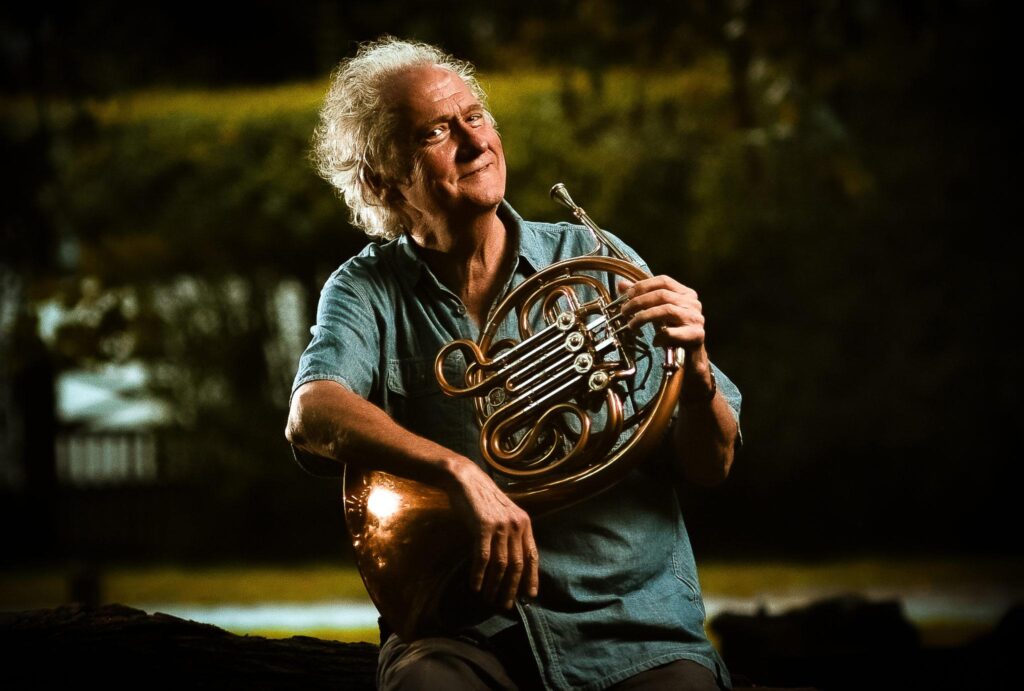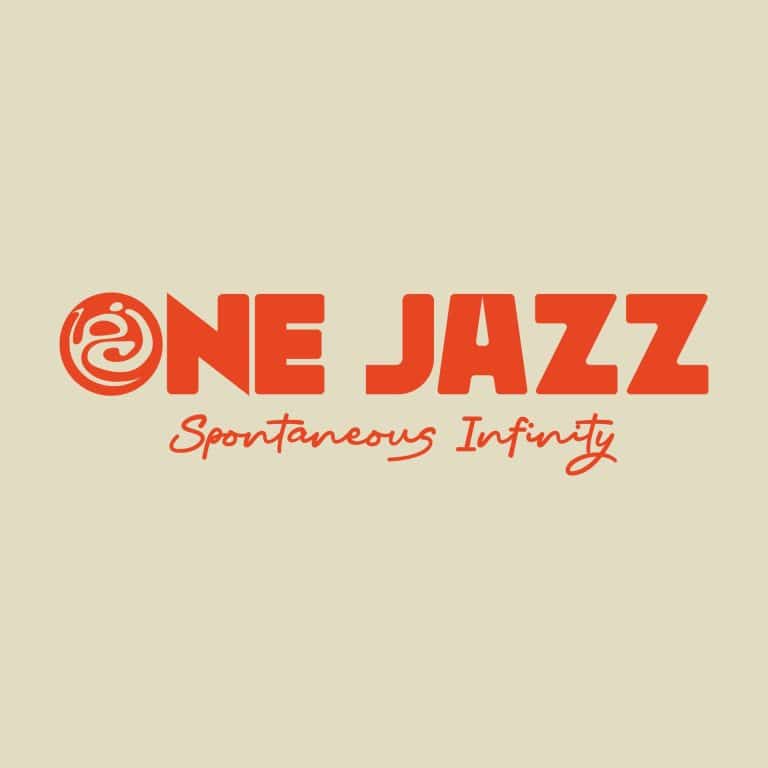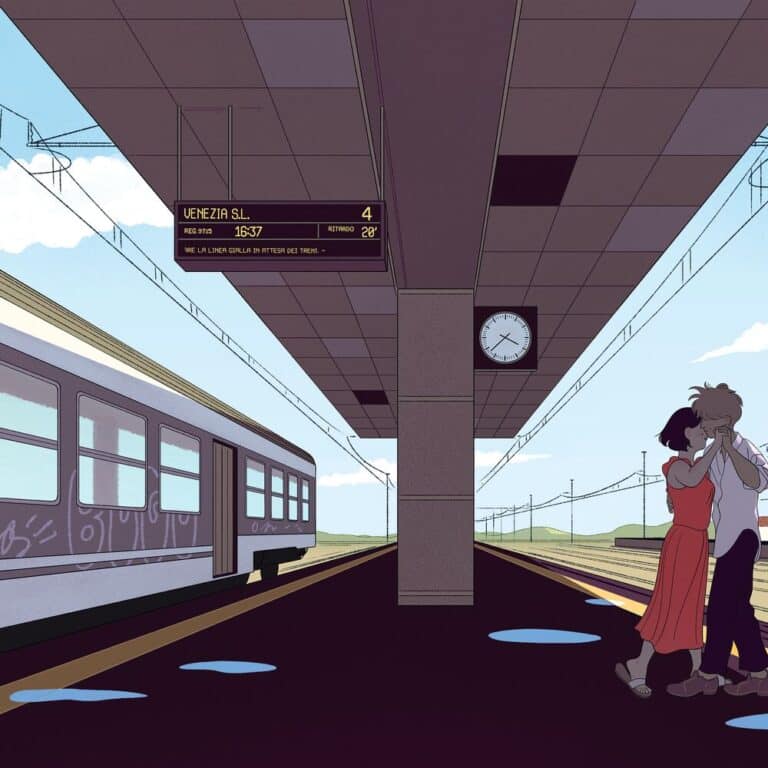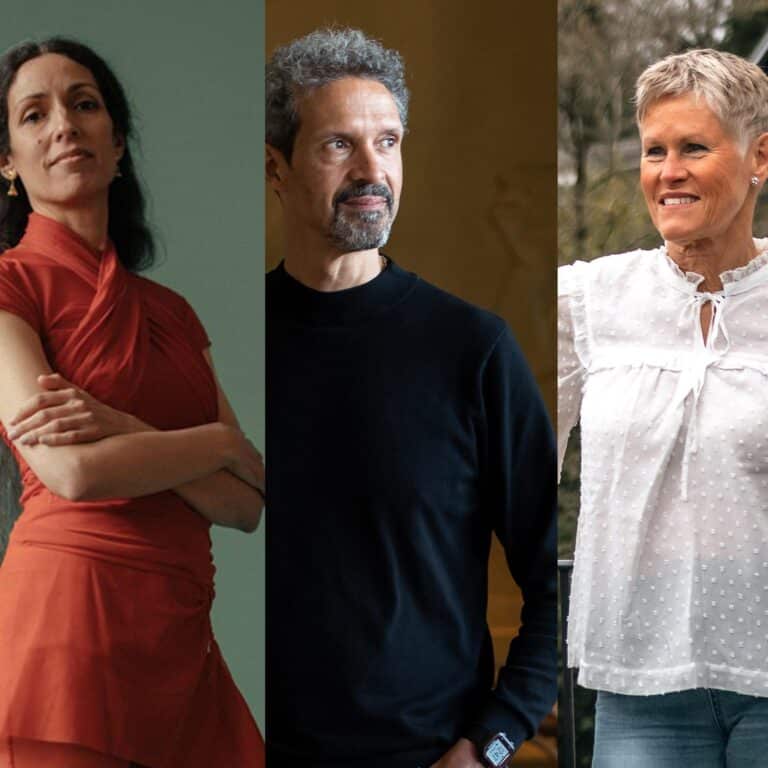A list of Jim Rattigan’s accomplishments would fill pages, just as his music fills the air with the sheer joy of creativity. One of the world’s foremost exponents of the French Horn, he is also one of the few to have convincingly adapted it to jazz. In a career spanning over forty years, he’s played in ensembles of every conceivable size and sort, but never had the opportunity to show what the French Horn is capable of in those most stripped-back, quintessential jazz formats: the duo record and the Standards album. The time had come to explore this most demanding but rewarding setting, allowing the full range and versatility of the horn to shine. Rattigan had three collaborators in mind and set up some informal playing sessions “I said I’ll pop over and we’ll have a play – I fancy playing some standards!” but the creative sparks were soon flying, and the project developed organically until Jim found himself taking three distinct approaches to the initial idea. With pianist Ivo Neame, the playing soon morphed into far-reaching investigations into some unusual re-arrangements and original sketches by both players. With guitarist Nick Costley-White, both players revelled in finding new inspiration within the familiar joys of the Great American Songbook. Finally, pianist/bandleader Hans Koller’s deep knowledge of the canon of fellow pianist Thelonious Monk prompted a deep dive into of some of his key compositions.

First came Dialogues, the collaboration with Ivo Neame. “I hadn’t played much with Ivo before this project. But I’ve always loved his playing – We set up in his own studio, Wonderland Studio, so there were no time limits, and the album morphed into something else as we played.” The album started with a fortuitous coincidence – Jim wanted to play Wayne Shorter’s ‘Infant Eyes’ and Billy Strayhorn’s ‘Chelsea Bridge’, and Ivo already had his own strikingly original arrangements of those tunes ‘We tried them – they’re challenging, and I love a challenge – and they felt good on the horn!”. Between them they filled ‘Chelsea Bridge’ with modernist drama, and ‘Infant Eyes’ with an intimate yearning, and the stage was set for some thrillingly adventurous collaborations. It seemed natural to move from original arrangements into original material – Ivo contributed the mysterious ‘Passing Point’ and Jim brought in ‘Ishaya’ inspired by his meditation practice, ‘Hero’s Path’ laced with quotations from Richard Strauss, and ‘Elegy’ – a 16 bar piano composition which the duo expanded into an empathetic improvised dialogue. To complete, a highly original reworking of Alexander Glazunov’s ‘Reverie’, long a staple of classical horn recitals, now reimagined as a jazz ballad. “I said to Ivo, just do what you like with it and we’ll see where it goes. Ivo has such a lot of musical knowledge. To sit and play duos is very raw and very exposed but you can learn so much from each other.” The album steers a deeply satisfying path between clear, lyrical melodicism and daring rhapsodic adventure.
Inspired by the success of the first session, Jim continued to the flat of Nick Costley-White – “I thought – I still haven’t made a standards album! I’d worked with Nick in big bands, and while he does play lots of original new music, he also really knows the standards repertoire, and plays it really really exceptionally well. He’s got a beautiful approach.”. After some sessions at Nick’s flat, this time the session took place over a single day at the Fish Factory studio, taking advantage of its spacious high-ceiling acoustic. The results can be heard on You Must Believe In Spring – an album that captures the relaxed, informal intimacy that Jim was searching for – “We played all the beautiful ballad tunes like ‘My Funny Valentine’ and ‘Body And Soul’ and ‘You Must Believe In Spring’ that I never get to play”. They also found time for the joyous lilting waltzes Very Early” and “How My Heart Sings” associated with Bill Evans, the sprightly swinging standard ‘I Could Write A Book’ and the darker ‘Alone Together’, and the fanfare-led bebop of ‘Parker’s Mood’. Some more unusual choices include Strayhorn’s complex ‘Lush Life’. the sultry bossa of Jobim’s ‘Ligia’, and ‘Falling Grace’ from the bassist/composer Steve Swallow, with whom Jim has played on many occasions, notably in the bands of Mike Gibbs and Hans Koller – “One of my favourite tunes – it’s such a well written piece of music!” Costley-White’s clean tone, economy of line and boundless harmonic imagination provide the perfect support to Jim’s full voice and melodic flair. “Just sitting in the room with a fantastic guitarist, having a play through some tunes we love – that’s the feel that I wanted and that’s the feel I got”.
The final project, Thelonious Monk, was a meeting with the bandleader and pianist Hans Koller, who has often called on Jim’s talent to complete his award-winning large ensembles. “Hans and I go way back – I played in his bands with people like Bill Frisell and Steve Swallow, after I left the RPO – and unlike Ivo and Nick I’ve done a lot of duos with him. So I said to him that we should do a duo album some day.” Jim had become fascinated by the prolific repertoire of Thelonious Monk, which he had never explored in detail – “You think you know all these tunes, but when you go to play them, you realise you don’t at all! There’s a lot more to them.” – while Hans had grown up with them – “Hans was exploring the universe when I was still playing long notes on the horn! He’s got such knowledge of the music”. They got together and picked a list of ten tunes from Monk’s seventy-plus originals. “We picked the ten, and then I went home and shedded them! You really have to learn the tunes, they are so full of surprises and they never go quite where you think they will.” Jim and Hans spent two days in the studio playing through the material at a relaxed pace, often using the first take. Famous tunes like ‘Round Midnight’ and ‘Blue Monk’ sit alongside the less well known ‘Light Blue’ and the intricate ‘Trinkle-Tinkle’ to present a complete investigation of Monk’s music, re-interpreted in the hands of two masters whose empathy is clearly heard throughout.

Jim says “I love all these three albums – they are so different sounding. These are wonderful musicians – I’m talking about really exceptional fantastic players and I just feel so grateful to have the opportunity to play with these people. There were no personal issues at all, it was just all about the music.” The joy that the players found in the music is communicated loud and clear throughout this outstanding trio of releases from a truly unique musician.
Graduating from Trinity College of music and the Royal Academy, Jim Rattigan was immediately in demand as a freelance player, working with all the major London symphony orchestras, chamber orchestras and small ensembles. He then joined the Royal Philharmonic Orchestra where he was a member for six years: yet his deep musicality urged him on to continue his exploration other musical forms and carve himself a unique niche as one of the select number of French horn players to really play jazz. His unique accomplishment in creating a voice on the instrument has set him among the very top rank of international artists, performing with the Michael Brecker Quindectet, the Charlie Haden / Carla Bley Liberation Music Orchestra, the McCoy Tyner Big Band, Django Bates’ Delightful Precipice, the Creative Jazz Orchestra with Kenny Wheeler, Brad Mehldau with the Britten Sinfonia, the Guy Barker Big Band and the Simon Purcell Octet among many others, all while simultaneously answering calls to record on major Hollywood soundtracks and release a string of albums by his own critically acclaimed ensembles.




